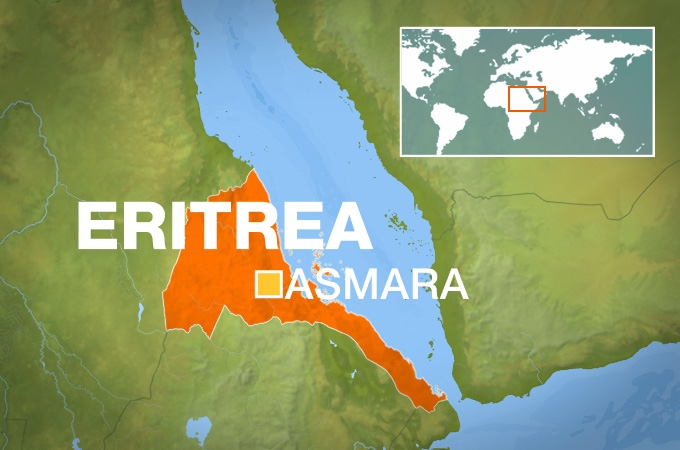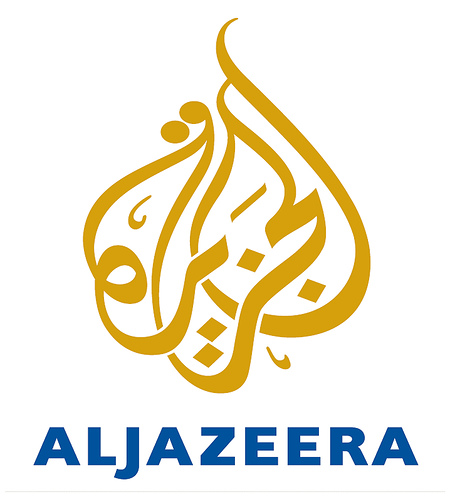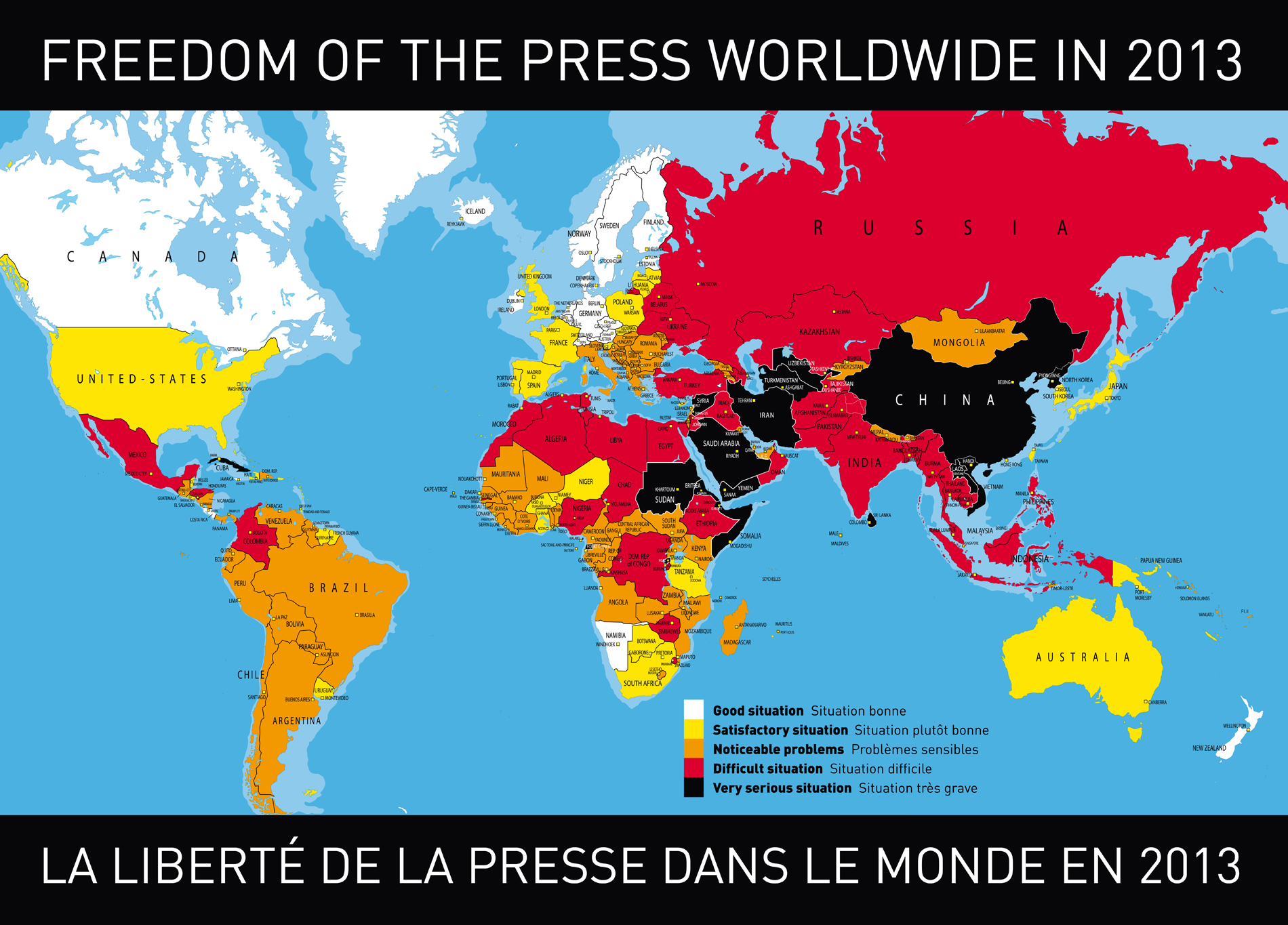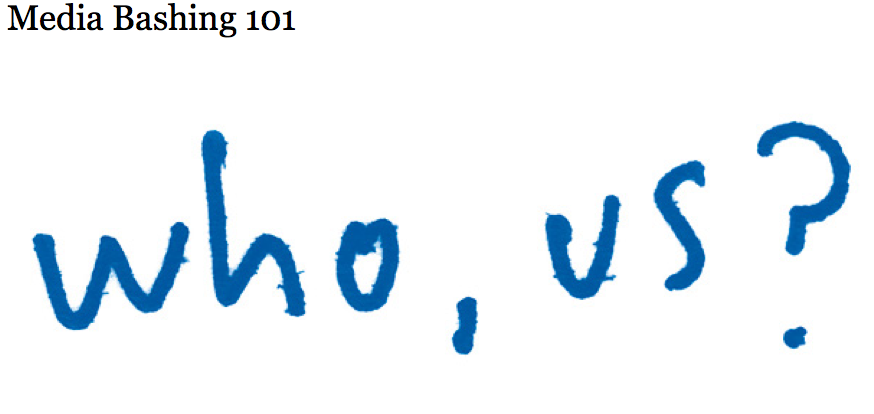In Eritrea, What’s Unsaid Is As Important As What’s Said.

In Eritrea, What’s Unsaid Is As Important As What’s Said.
In 2003, when the government of Eritrea sent out orders to ban Amharic music in public, there was no official announcement made but simply oral orders passed around in public places such as bars and music shops. The owners of such businesses were told to stop playing music. Of course, that didn’t mean that the government was able to systematically monitor every household and stop people from listening to music.
 In fact, people listened to Amharic music in public places including public transportation. I remember driving in a bus to travel outside of Asmara and listening to Amharic songs loud enough for all to hear. Today, the government has its own programs in Amharic and Oromigna (both languages spoken only in Ethiopia by the Amhara and the Oromo ethnic groups) on its state-owned television station Eri-TV where it broadcasts programs specifically containing political and entertainment programs mostly targeting the Ethiopian people.
In fact, people listened to Amharic music in public places including public transportation. I remember driving in a bus to travel outside of Asmara and listening to Amharic songs loud enough for all to hear. Today, the government has its own programs in Amharic and Oromigna (both languages spoken only in Ethiopia by the Amhara and the Oromo ethnic groups) on its state-owned television station Eri-TV where it broadcasts programs specifically containing political and entertainment programs mostly targeting the Ethiopian people.
Last week, there was similar news grabbing everyone’s attention on social media. I first learned about it on February 2nd when the Peninsula, a Qatar-based media outlet announced that Eritrea has blocked Al Jazeera news. The report said that orders came after the TV channel covered widespread protests in major cities abroad. Protests were also well-documented by different outlets and social media with videos from Europe and the U.S. in support of a day-long military mutiny on January 21st in Eritrea at the ministry of information. Diaspora groups not only demonstrated out in the streets but also stormed Eritrean embassies grabbing the attention of international media and incidents at embassies were covered by Al Jazeera’s The Stream.
The news, however, came back again with a fresh twist on Tuesday February 5, when Reporters Without Borders claimed that the government not only blocked access by citing Qatar-based newspaper Al-Sharq, but also issued a statement ordering public places to stop broadcasting the TV channel.

Reporters Without Borders which has labeled Eritrea’s state of freedom of press as one of the worst in the world by ranking it 179 out 179 said:
“ The information ministry issued a decree on 1 February forbidding anyone in Eritrea to provide access to Al Jazeera. Public places such as restaurants, cafés and hotels were specifically targeted. To ensure compliance, Al Jazeera’s English-language channels were jammed.”
Reading this report was a stark reminder of the way orders to ban Amharic music passed around by word of mouth in 2003. Contrary to what government apologists repeat—philosophical reasons why there is no need for independent media—people in Eritrea are hungry for information. Rumors run rampant in Asmara and get around quickly. However for people who have lived in the country for years, this shouldn’t come as a surprise. It bears repeating that the government doesn’t have the capacity to control every household and television dish which stream international programs into private homes. And most importantly, it doesn’t have the capacity to block all international satellite in the country.
 The claim that Al Jazeera was banned resurfaced again on Iran’s television network Press TV when journalist Afshin Rattansi mentioned it during an interview with the Eritrean Ambassador to the United Kingdom, Tesfamicael Gerahtu. Issues broached during the interview include: the January 21st mutiny that the government has refused to give details about despite reports of arrests of high-ranking government officials and military officers and questions of human rights abuses made official by the United Nations human rights chief, Navi Pillay. Rattansi asked if reports say that there are 5,000 to 10,000 political prisoners in Eritrea, why not give access to human rights groups to visit prisoners? The Ambassador didn’t have answers but instead blamed the usual suspect, the media. He, however, can only recite talking points with information available to everyone. This woefully inadequate response should remind all those watching: issues in Eritrea are not all that complicated. Explanation cannot be given until permission is granted from the top.
The claim that Al Jazeera was banned resurfaced again on Iran’s television network Press TV when journalist Afshin Rattansi mentioned it during an interview with the Eritrean Ambassador to the United Kingdom, Tesfamicael Gerahtu. Issues broached during the interview include: the January 21st mutiny that the government has refused to give details about despite reports of arrests of high-ranking government officials and military officers and questions of human rights abuses made official by the United Nations human rights chief, Navi Pillay. Rattansi asked if reports say that there are 5,000 to 10,000 political prisoners in Eritrea, why not give access to human rights groups to visit prisoners? The Ambassador didn’t have answers but instead blamed the usual suspect, the media. He, however, can only recite talking points with information available to everyone. This woefully inadequate response should remind all those watching: issues in Eritrea are not all that complicated. Explanation cannot be given until permission is granted from the top.
The root of the problem is a pattern that people fail to recognize. Even when one of the most loyal ministers, the Minister of Information, Ali Abdu, defected, some observers gave the minister too much credit. Even though he held the position for over a decade, what people fail to see is that he was not the puppet master as he may have appeared from the outside. The propaganda machine is not sophisticated. Any other person or minister who is posted to the same position of Information Minister could perform the task as long as orders come from top. After the minister’s defection was made public on the Expressen, a Swedish newspaper, Ali’s brother, who also runs a prominent opposition website based in the U.S. explained the truth loud and clear. It is this simple truth that explains the lack of accountability and transparency in the country and holds the answer to most questions about Eritrea. Here’s a translated verbatim excerpt from the interview .
“ It is taboo to ask about things that are not related to one’s job to do. There is an old guerrilla culture in the country. It carries out orders without asking why. It is routine to suspected dissidents arrested without court papers, without any documentation. Those who do the work, oral orders. Sometimes, there is over the phone and in coded language. They are afraid of being intercepted by Western intelligence services.”










